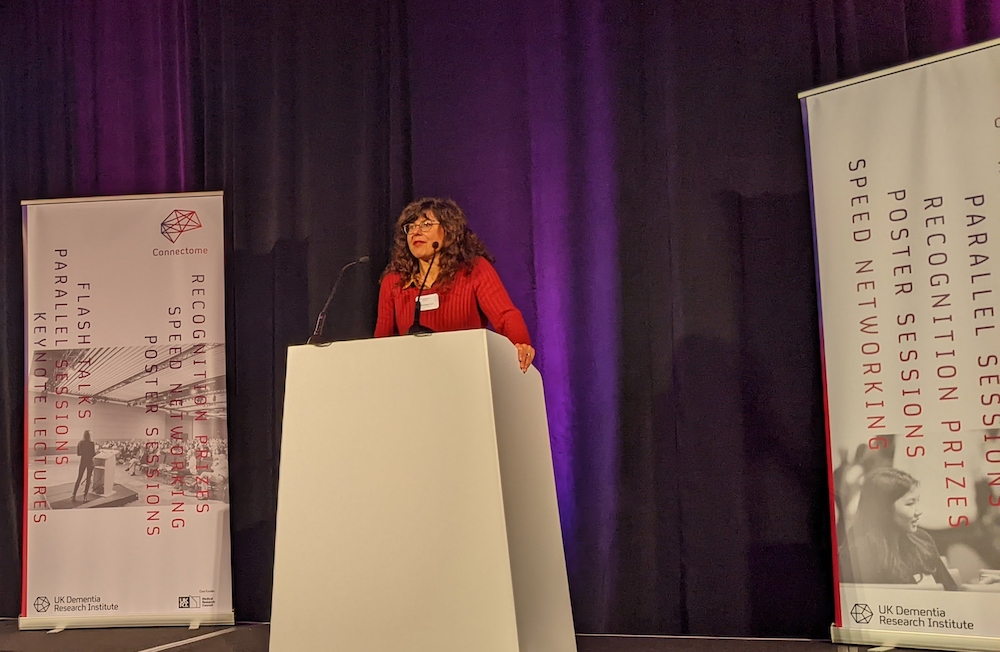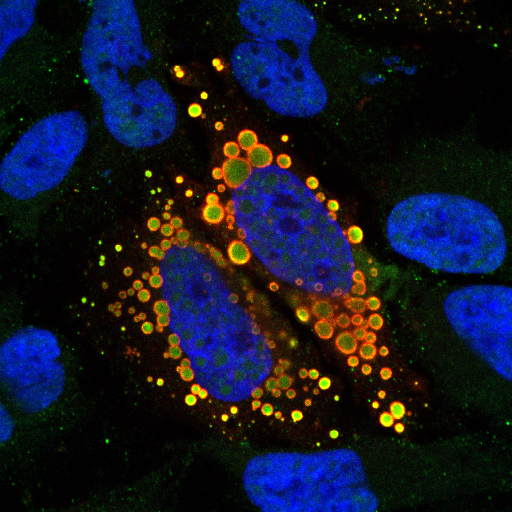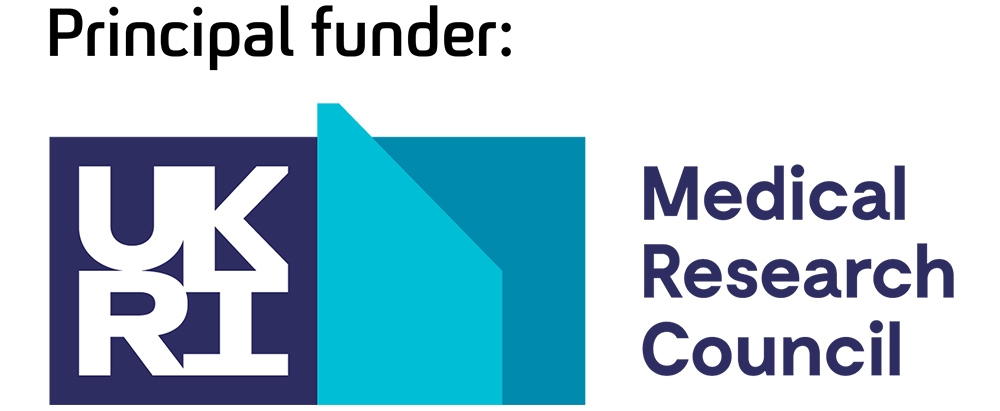For the 5th anniversary of the UK DRI, we introduced a series of special prizes to recognise the efforts and achievements of staff across the Institute over the past year. The Directors awarded certificates and personal awards during the conclusion to Connectome 2022, highlighting those individuals excelling in the categories of computational reproducibility, 3R’s, publications, posters and engagement.
The winners and honourable mentions were:
First recipients of UK DRI Recognition Prizes announced at Connectome 2022

-
Computational Reproducibility
The Computational Reproducibility Prize is designed to promote the development and open release of sustainable and reproducible code as part of research output. It was judged by a panel of experts based at the UK DRI at Cardiff and UK DRI at Edinburgh. The prize was presented by Payam Barnaghi, UK DRI Care Research & Technology.
Honourable mention - Alan Murphy, Skene Lane, UK DRI Imperial:
‘MungeSumstats: a Bioconductor package for the standardisation and quality control of many GWAS summary statistics’WINNER - Anob Chakrabarti, Ule Lab, UK DRI at King’s:
‘Tosca: a Nextflow pipeline for RNA proximity ligation sequencing data analysis and visualisation’ -
3R’s - replacement, reduction or refinement of the use of animals in research
The 3R’s Prize recognises excellence in the replacement, reduction or refinement of the use of animals in research conducted by the UK DRI. This year the prize was judged by three members of the UK DRI 3Rs Committee, plus an external guest judge, Silvia Purro from the UCL Prion Unit. The prizes were presented by Frances Wiseman, UK DRI Programme Leader for Animal Models, UK DRI at UCL.
There are two categories recognising the application of the 3Rs in 'Research' and 'Technical' areas, to reward outstanding research applications as well as highlight the importance of technical staff in implementing the 3Rs.
Technical - Honourable mention - Mike Woods, Balmus Lab, UK DRI at Cambridge, for developing a database of clinical signs and endpoints for a range of animal models at the Cambridge centre.
Technical - WINNER - Elena Ghiradello, UK DRI at UCL, for her project on implementing a specialist monitoring and care regimen for aged mouse models.
Research - Honourable mention - Ayisha Mahmood, Miron Lab, UK DRI at Edinburgh, for establishing a microglial culture system to replace animal studies, and Cliona Farrell, Wiseman Lab, UK DRI at UCL, for putting in place slice culture system to replace animal use when studying Down syndrome.
Research WINNER - David Miao, Wisden Lab, UK DRI at Imperial, for developing a mimetic “phantom” brain for testing the lab’s fibre-optic photometry strategy in gels before use in animals.
-
Publication
The Publication Prize highlights exceptional scientific discovery or progress in methodology from the past year. Following nomination from Group Leaders, submissions were judged on their impact to the field by a panel from the UK DRI headquarters team. The prize was presented by Giovanna Lalli, UK DRI Director of Scientific Affairs.
WINNER - Michael Morten, Ye Lab, UK DRI at Imperial:
‘Quantitative super-resolution imaging of pathological aggregates reveals distinct toxicity profiles in different synucleinopathies’ -
Poster
The Poster Prizes reward excellent poster design, explanation and discussion of results or methodology at Connectome 2022. Attendees voted for their favourite poster over the three days. The prize was presented by Bart De Strooper, UK DRI Director. There were two categories for:
Research - presentation of a research question with a traditional hypothesis-date-conclusion format
WINNER - Samuel Harris, Busche Lab, UK DRI at UCL:
Poster 66: A novel role for APP in neural circuit function.
Technical - an implemented technique or workflow or a technically-focused projectWINNER: Magdalena Kolanko, Sharp Lab, UK DRI Care Research & Technology:
Poster 77: Clinically relevant monitoring of long-term night-time behaviour and physiology from the homes of people living with dementia -
Engagement
The Engagement Prize highlights initiatives and activities in public engagement and patient involvement across the Institute. Following nomination from across the Institute, submissions were judged by a panel of comms specialists. The prize was presented by Adrian Ivinson, UK DRI Director.
Two honourable mentions:
(1) The launch of the Care Research & Tech Centre in May 2022
The small team led by Danielle Wilson, Centre and Research Commercialisation Manager, organised an interactive afternoon of activities, presentations and tours. In addition to securing existing partnerships and driving new collaborations, the staff at the centre engaged with important stakeholders including the then Minster of State for Care and Mental Health, Gillian Keegan MP, and people affected by dementia who have been taking part in the Minder trial. The team should be applauded for delivering a brilliantly unique launch showcasing the strengths of the Centre, as well as their role within the Institute as a whole.
(2) Dr Emma Clayton, Mizielinska Lab, DRI at King’s for the initiative ‘The BIG hungry caterpillar: Life cycles under a lens’
Recently awarded ARUK Fellow, Emma Clayton, devised “The BIG hungry caterpillar: Life cycles under a lens” as a public engagement workshop for young children, with the aim of creating a positive relationship with scientific concepts, through play. Emma’s motivation comes from the belief that representation and exposure to science at a young age can help to normalise the concept of this field as a career choice. She has harnessed her skills in microscopy and parenting of small children to involve 180 reception aged children and teachers, purposefully engaging hard to reach local communities. For her achievements, Emma has had funding from the Biochemical Society renewed and represents a truly inspirational UK DRI ambassador for public engagement.
WINNER - Sophie Sanford, McEwan Lab, UK DRI at Cambridge for ‘Making it Brain’:
Sophie is a final year PhD student passionate about promoting inclusivity and diversity in STEM. In 2021, she pioneered a new virtual, free STEM conference – Making it Brain - specifically aimed at students aged 16+ who are at a critical stage in their careers and may be considering higher education. Set across two afternoons in September, the conference has been an incredible success in showcasing a range of experiences and careers in STEM from a diverse panel of presenters.
In 2021, ‘Making it Brain’ attracted 240 viewers across the world growing further still to 340 in 2022. Crucially, the initiative is achieving its aims with reach – 50% of those surveyed had no previous exposure to research - and impact – 92% would say they now know what scientific research ‘looks like’ on a daily basis, and 80% agreed that they are now interested in pursuing a career in scientific research.
The success of this initiative is down to the tireless efforts of Sophie, firstly conceiving the idea, pulling together a committee of colleagues and partners to execute the vision, personally reaching out to speakers for their involvement, leading a targeted dissemination campaign, and even hosting both webinars with the warm charisma and competency of a seasoned chair.
-
Scientific Imaging
The Scientific Imaging prize highlights eye catching images from across the UK DRI. Entries were shortlisted by a panel from UK DRI headquarters based on visual impact and then judged by public vote on the UK DRI’s twitter account. The prize was presented on the ECR day by Alex Collcutt, UK DRI Research Communications Manager.
WINNER - Tatjana Zoller, Ruepp Lab, UK DRI at King's for 'Lava Lamps':
TAF15 protein (red) forming bubbles (green) filled with RNA, that assemble around the cell nucleus (blue).
Article published: 07 Nov 2022

